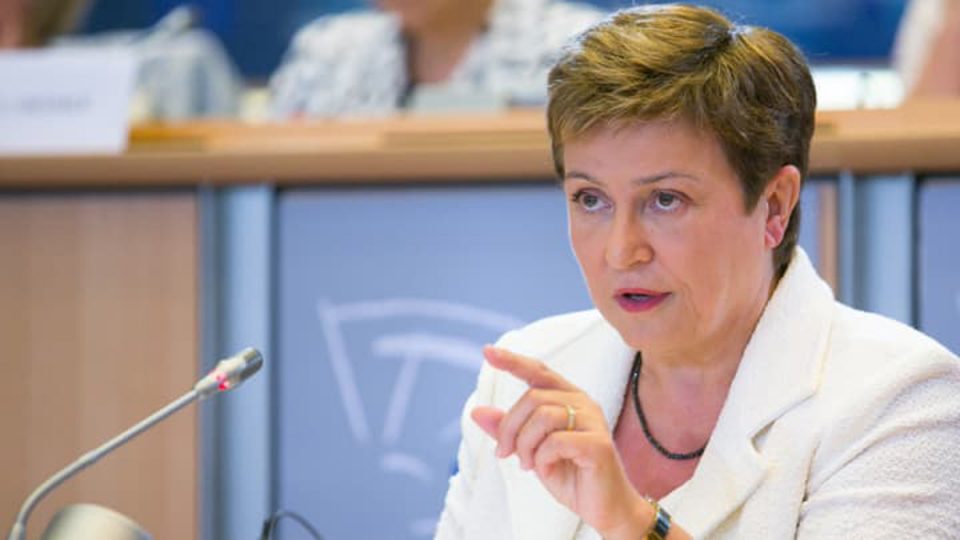The International Monetary Fund (IMF), Managing Director, Kristalina Georgieva, on Monday said 20 additional countries have asked about receiving aid from the global lender as the coronavirus pandemic halts economic activity.
However, she called for strong, coordinated fiscal stimulus to limit the damage.
In a blog post on the IMF website, Georgieva said the Fund was ready to mobilise its full 1 trillion dollars lending capacity to help member countries deal with the crisis.
She did not identify the countries that have expressed interest in new financing programmes.
Iran last week said it was seeking an emergency loan from the IMF.
“As the virus spreads, the case for a coordinated and synchronized global fiscal stimulus is becoming stronger by the hour,” Georgieva said.
The IMF chief issued her message shortly before she was due to participate in a 10 a.m. EDT (1400 GMT) call with leaders of the G7 wealthy democracies, several of which are battling severe coronavirus outbreaks.
U.S. stock markets were down sharply in mid-morning trading with the S&P 500 index .SPX down about 10 per cent and shedding 2 trillion dollars in value.
Georgieva, in her blog, suggested that coordinated fiscal action on the scale of the 2008-2009 financial crisis may be necessary.
She said that in 2009 alone, Group of 20 countries deployed about 2 per cent of their GDP in stimulus, or about 900 billion dollars in today’s money, “so there is a lot more work to do.”
She said that governments should continue to prioritise health spending and provide support to the most affected people and businesses with policies such as paid sick leave and targeted tax relief.
On the monetary policy front, she said central banks “should continue to support demand and boost confidence by easing financial conditions.
It will ensuring the flow of credit to the real economy,” citing emergency actions by the U.S. Federal Reserve and other central banks on Sunday as an example.
She applauded the opening of swap lines between major central banks, adding that such swap lines may need to be extended to emerging market countries in the future.
She said central banks’ policy actions will need to balance the difficult challenge of addressing capital outflows from emerging markets and commodity price shocks, citing recent record outflows of 42 billion dollars reported by the Institute of International Finance last week.
“In times of crisis such as at present, foreign exchange interventions and capital flow management measures can usefully complement interest rate and other monetary policy actions,” Georgieva said.
She said financial system supervisors should aim to preserve stability, ensuring banking system soundness while sustaining economic activity.
“This crisis will test whether the change made in the wake of the financial crisis will serve their purpose,” she said, referring to increased capital requirements and other policies put in place over the past decade to rein in financial market excesses.
Georgieva said banks should be encouraged to use their capital and liquidity buffers and renegotiate loan terms for stressed borrowers.
The IMF earlier this month announced that it would make about 50 billion dollars available to emerging and developing economies through various emergency financing programmes.



